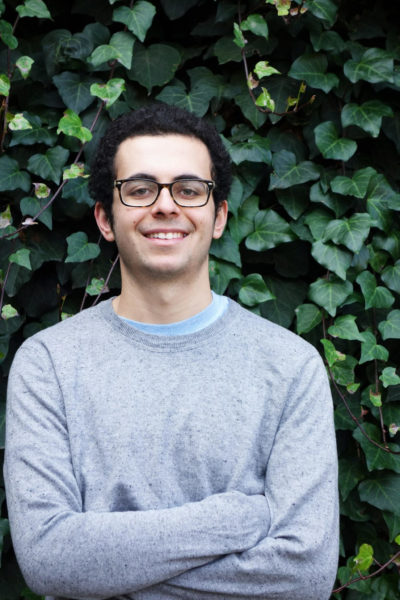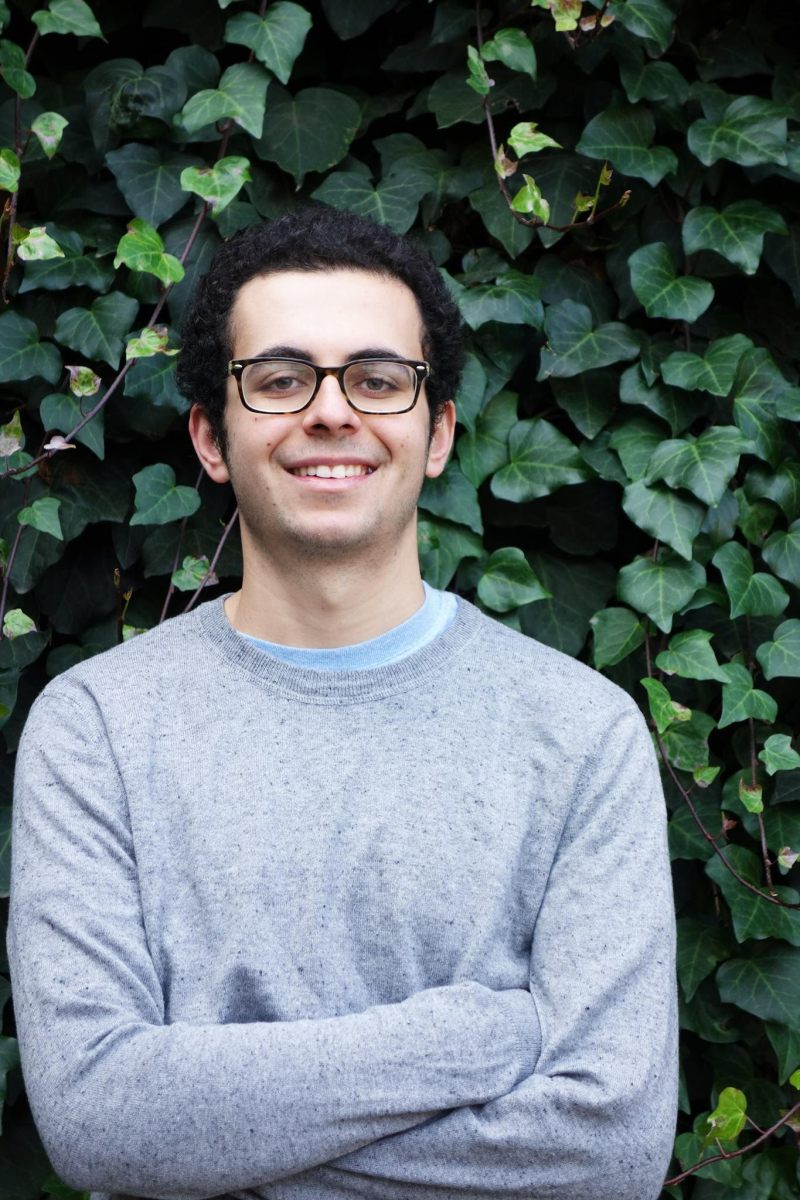
Joshua Browder ’19 has created what he calls the world’s first robot lawyer to do everything from fighting unfair parking tickets to helping Syrian refugees apply for asylum. The computer science student coded a chatbot named DoNotPay that offers free legal aid by asking questions and then providing the relevant documents for users to mail.
DoNotPay has already overturned 160,000 parking tickets and is currently working to go beyond parking tickets by aiding refugees as well as HIV-positive patients who need help finding the right tools to legally notify their partners. In an interview with The Stanford Daily, Browder spoke about the inspiration behind DoNotPay, the effect his service has on its user base and his hopes for the future. Browder discussed the potential that technology has to raise living standards and explained how legal technology can empower people with limited options.
The Stanford Daily (TSD): Why did you decide to create DoNotPay?
Joshua Browder (JB): It was kind of by accident. At the age of eighteen…I got a large number of parking tickets myself. It was quite embarrassing, and after about the fourth ticket, my parents said to me: “you’re on your own, we’re not going to help you with your tickets anymore”… So, out of necessity, I kind of had to become this local parking guru. I began helping my family and friends and I thought that it would be such a cool side project to kind of show off to everyone if I could create a chatbot to help people appeal their tickets automatically.
TSD: What are your thoughts about gaining access to legal aid?
JB: I think it’s really a big problem worldwide. You have these parking tickets that are around $150 sometimes, at the higher end. It can cost $50 just to challenge them. So even if you’re successful, you have to pay one-third of the price, and [for] people who are on limited income or with no income, this is just financially crippling for them.
TSD: Have you heard any stories from your users about how you’ve helped them?
JB: Yes. One I talk about a lot is an elderly pensioner in the north of England who made a very small mistake… [She’s] on the state pension, which is about 240 pounds a week, and the parking ticket, if she didn’t pay immediately, was 120 pounds. So she was being deprived of half of her pension, which she needed to pay for all the food, heating… It’s really debilitating and wrong of the government to be taking this amount for such a small mistake… It’s almost a human rights issue.
TSD: I read that you’re branching out from just dealing with parking tickets. Could you talk a bit about the expansion of your app?
JB: It will help Syrian asylum seekers in the United Kingdom apply for refugee status, and the way that will work is the bot will be able to understand Arabic and answer questions in Arabic, but produce documents in English.
TSD: Why did you feel that it was so important to fight against parking tickets and for Syrian refugees?
JB: I think that there is so much potential with technology in general, but it’s almost disappointing what’s happening. For example, lots of bots have been released recently, and all they can do is order pizzas or get flowers, but I want to be able to actually help people, and I think that is not being done as much as it should.
TSD: What are your hopes for your bot in the future?
JB: My hopes are that it will level the playing field. There is so much inequality in the law with the richest people in society getting advantages in the legal system. My hope is that one day everyone can have the same standard of legal protection as a billionaire.
This transcript has been lightly edited and condensed.
Contact Shilpa Sajja at 19ssajja ‘at’ castilleja.org.
